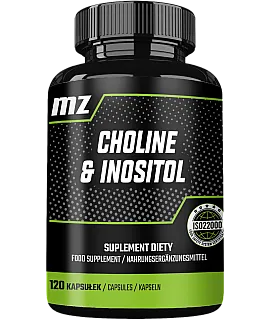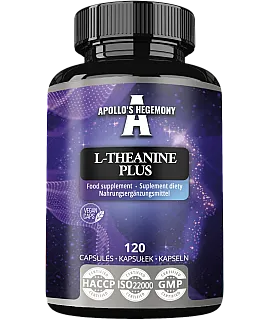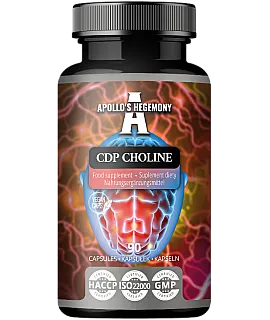Piracetam - a nootropic for brain health
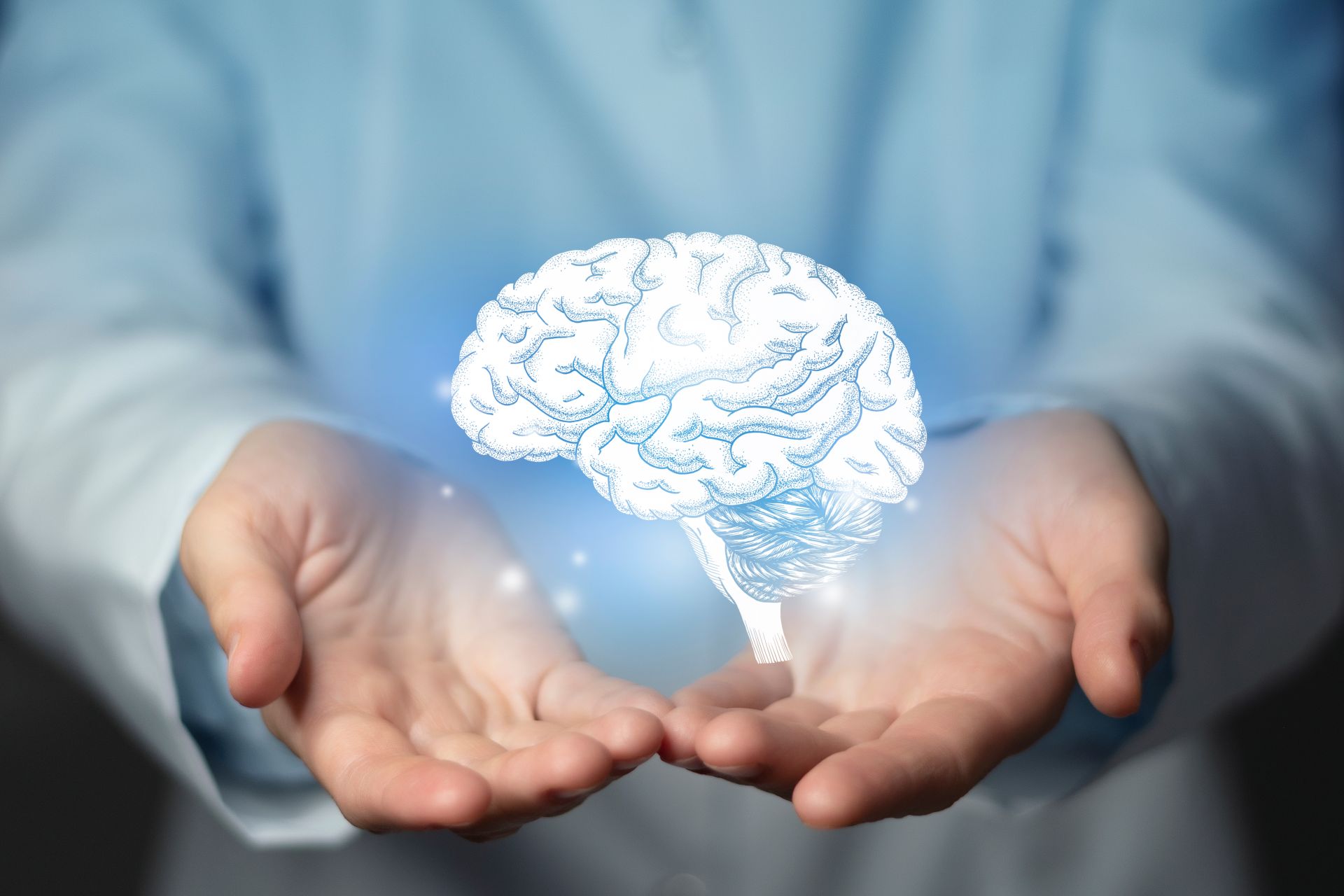
Nootropics are memory and concentration enhancers, and piracetam is their flagship representative. Using this drug as an example, we will discuss how classic nootropics affect brain health and what they can offer the brain.
- Are nootropics healthy for the brain?
- Piracetam, as an exemplary example of a nootropic substance
- Summary
Are nootropics healthy for the brain?
In principle, yes. You could even say that they are very healthy for the brain. Not only can they pull it out of a lot of trouble, such as damage from ischemia, hypoxia, neurotoxicity, etc., but they can also reduce the risk or delay the onset of cognitive decline.
Nootropics even by definition should promote brain health. If a substance under standard conditions can harm it, we should not call it a nootropic.
Of course, nothing should be accepted indiscriminately. There are always exceptions to the rule. In the case of various disorders or parallel use of other drugs, it may turn out that any of the nootropics, however, is capable of harm. That is why it is so important to take an individual approach and judiciously select nootropics for each individual case.
It can sometimes be confusing that some cognitive-promoting substances are wrongly called nootropics. For example, powerful stimulants (amphetamine, methylphenidate) are sometimes called nootropics because they are very effective in improving concentration and increasing productivity. Despite this, however, they can be toxic to the brain and severely damage it in the long run. They are therefore brain boosters, but certainly not nootropics.
Piracetam, as an exemplary example of a nootropic substance
Piracetam is one of the basic and oldest neurological drugs. To this day, it remains popular among neurologists and doctors of other specialties, although many newer drugs have appeared in pharmacies.
Structurally, piracetam is a derivative of the neurotransmitter γ-aminobutyric acid(GABA). However, its effects are drastically different from the original. In the brain, piracetam produces a variety of physiological effects, which may be due (at least in part) to the restoration of cell membrane fluidity. This parameter is very important for the stability of neurons and the quality of communication between them.
How exactly does piracetam work? At the neuronal level, piracetam modulates neural transmission in a number of relay systems (mainly cholinergic and glutamatergic), has neuroprotective and anticonvulsant properties, and improves neuroplasticity. At the vascular level, it appears to reduce erythrocyte adhesion to the vascular endothelium, inhibit vasoconstriction and facilitate blood microcirculation.
This diverse range of physiological effects is consistent with its use in a number of clinical indications. Its efficacy has been documented in cognitive disorders and dementia, vertigo, cortical myoclonus, dyslexia and sickle cell anemia. Although high doses are sometimes necessary, piracetam is well tolerated. Piracetam is a drug that improves cognitive abilities while remaining neutral to sleep and wakefulness rhythms - it has no stimulant or sleep-inducing effects.
Interesting fact: Piracetam is older than the term nootropic. The synthesis of piracetam and the implementation into professional nomenclature of the term nootropic drug is the work of one man - Cornelieu E. Giurgea, and what the discovery of piracetam took place more quickly.
Summary
Nootropics are not only not harmful to the brain, but can actually be very conducive to improving its health. As long as there are no exceptional circumstances (individual genetic conditions, drug interactions, etc.), the benefits of nootropics are very attractive. Using piracetam as an example, which is the oldest known nootropic drug, such effects are possible:
- improving microcirculation of blood in the brain;
- prevention of blood clots;
- modulation of neurotransmitter systems key to memory processes,
- prevention of neurotoxicity;
- protection against the effects of ischemia and hypoxia;
- improvement of overall cognitive abilities.
Nootropics can serve both ongoing improvement of brain capacity and preventive health care to reduce the risk of neurodegeneration and decline in brain capacity in old age.
If you are looking for effective nootropics for over-the-counter brain health support, then look out for:
- Bacopa monnieri,
- Alpha GPC,
- CDP Choline,
- Lecithin,
- Rhodiola rosea,
- Aswhagandha.
Sources:
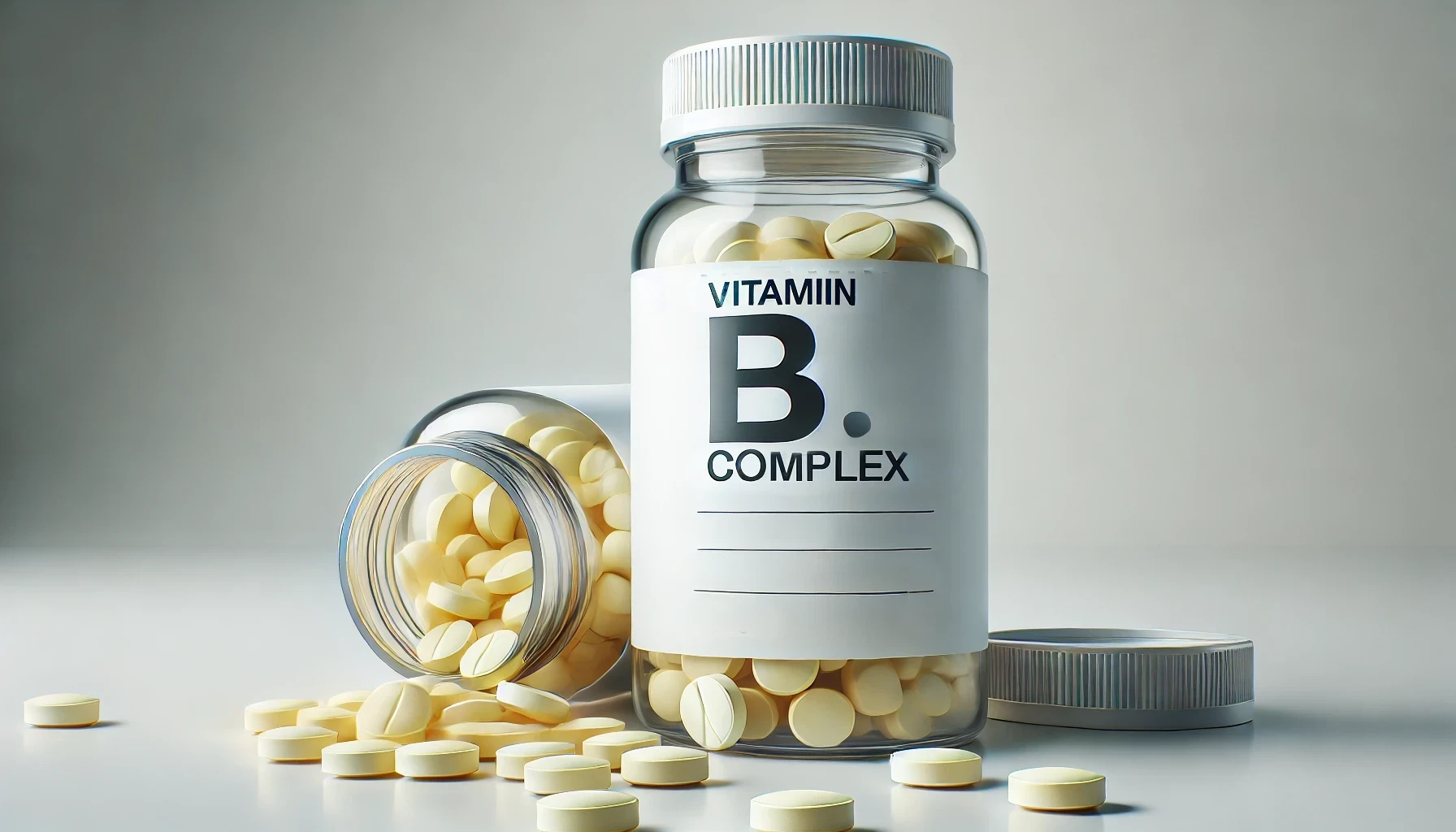 ⮜ Previous article
⮜ Previous article
B vitamins - what are they and what functions do they perform in the body?
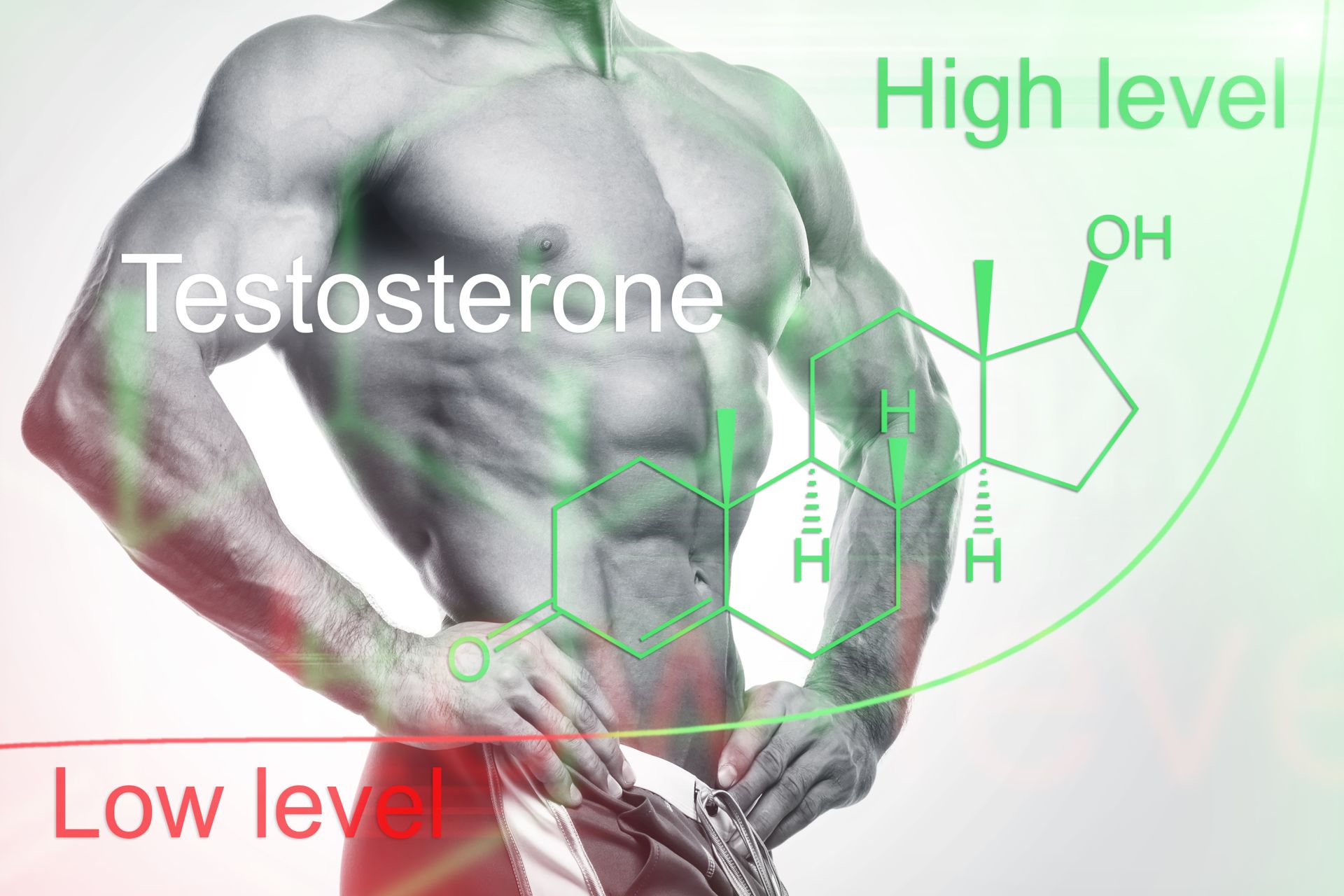 Next article ⮞
Next article ⮞
